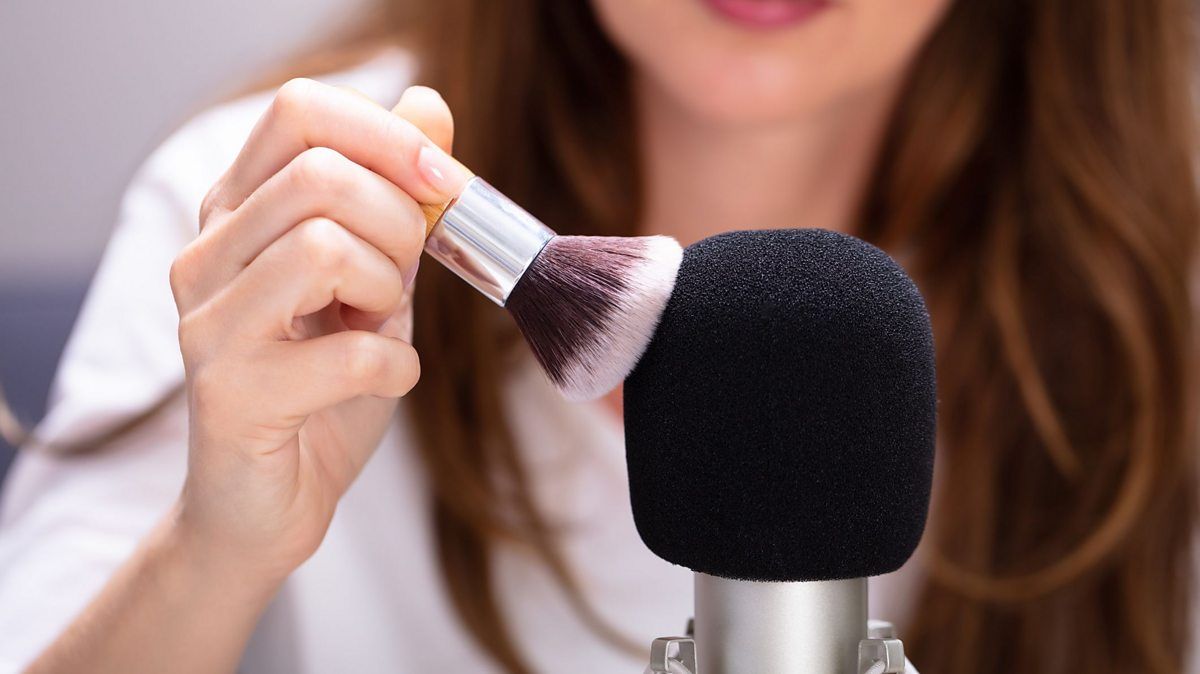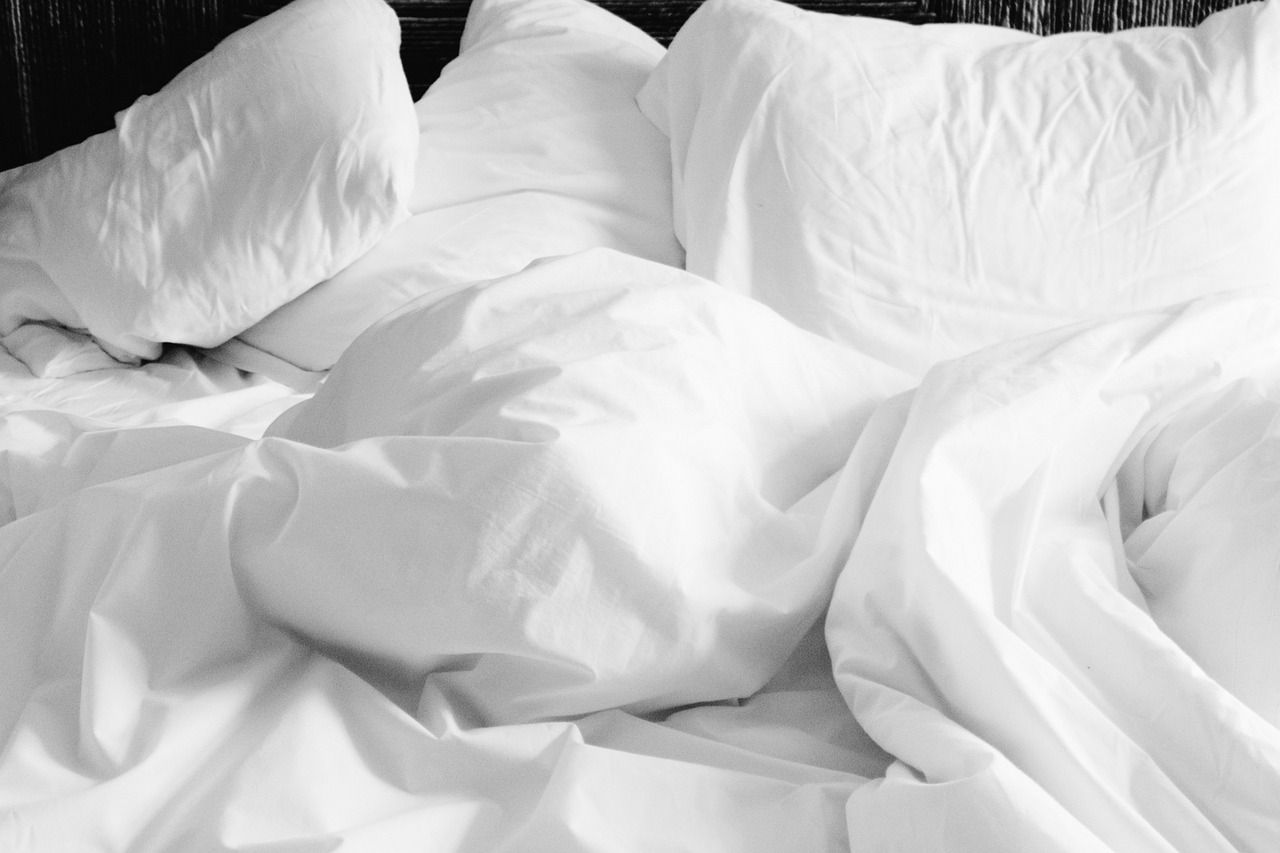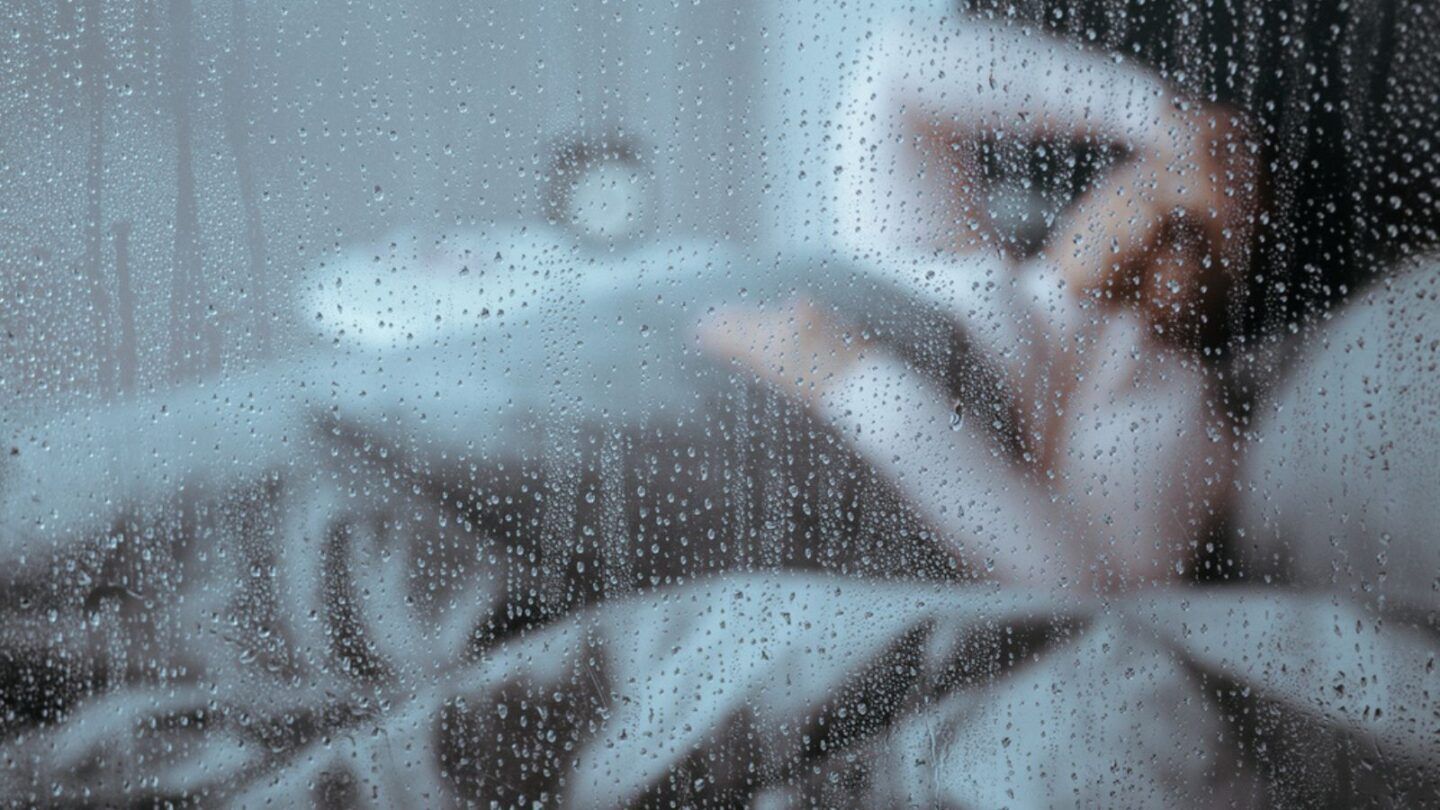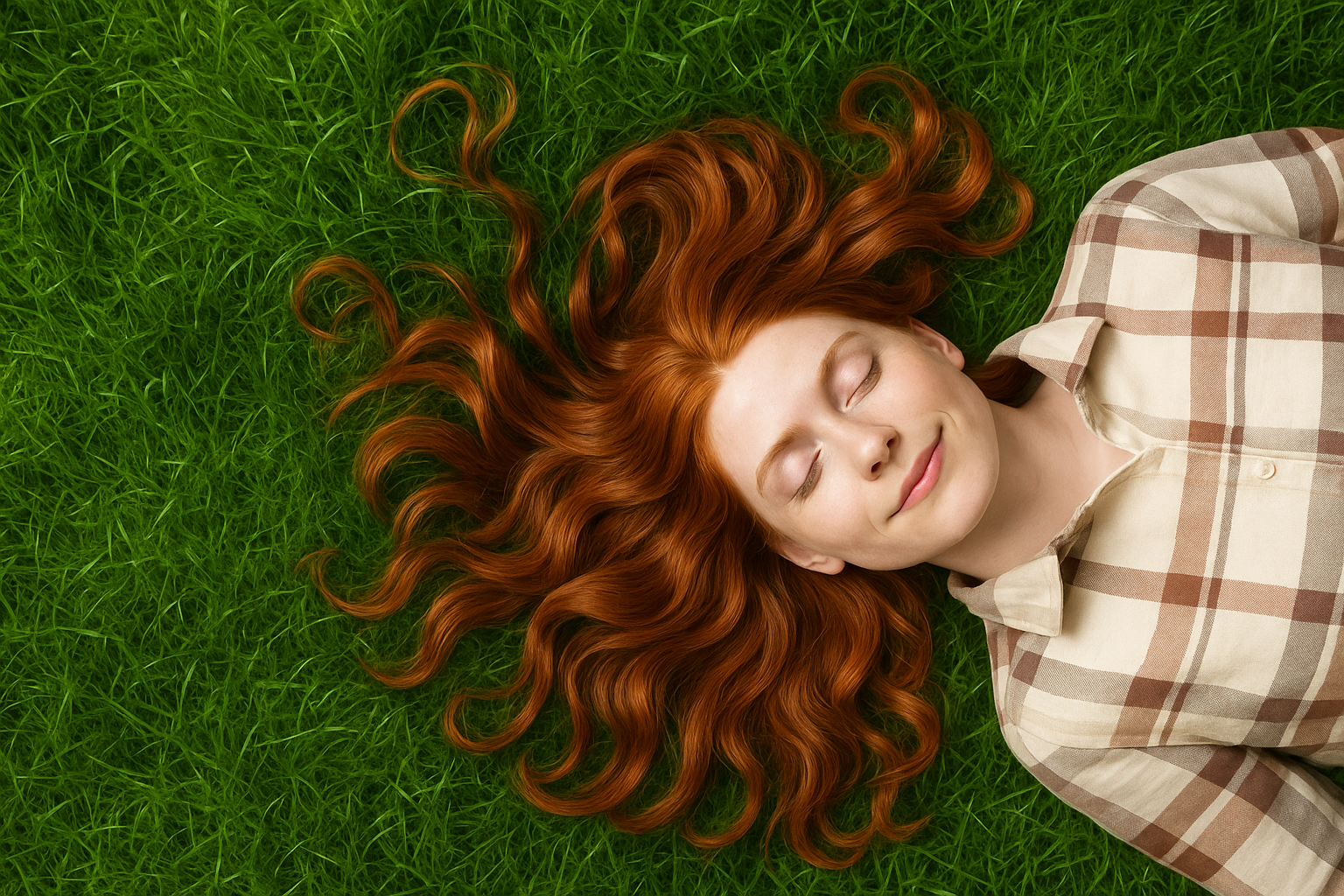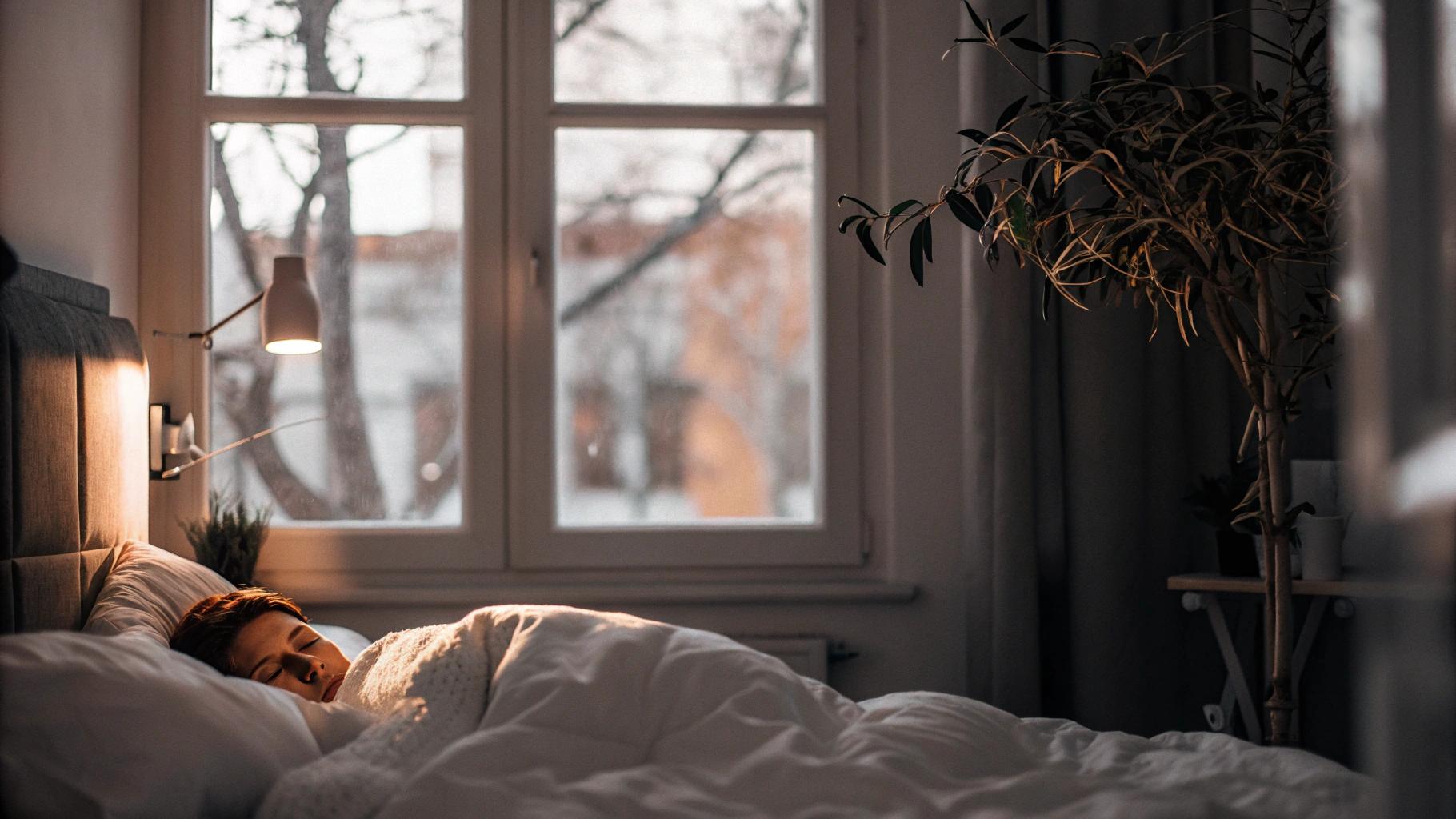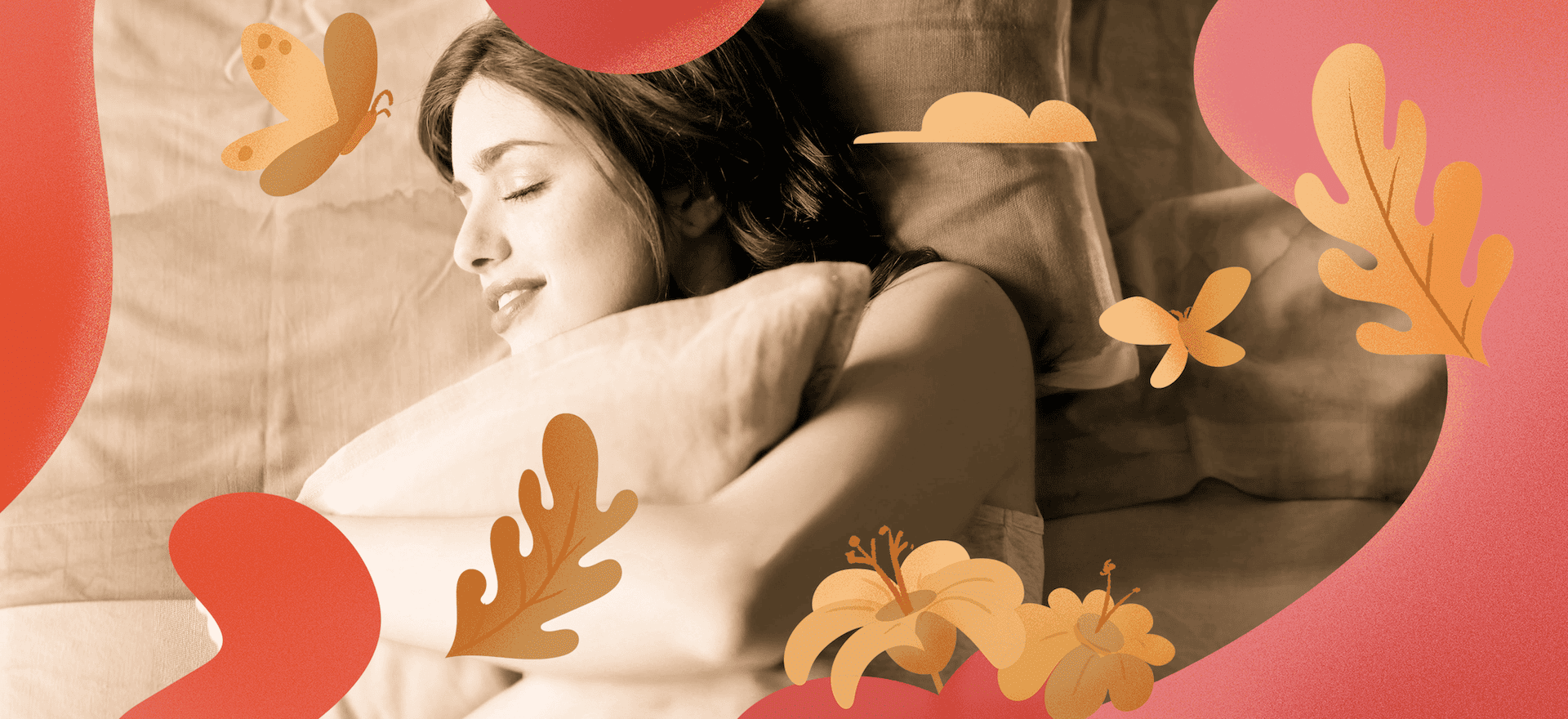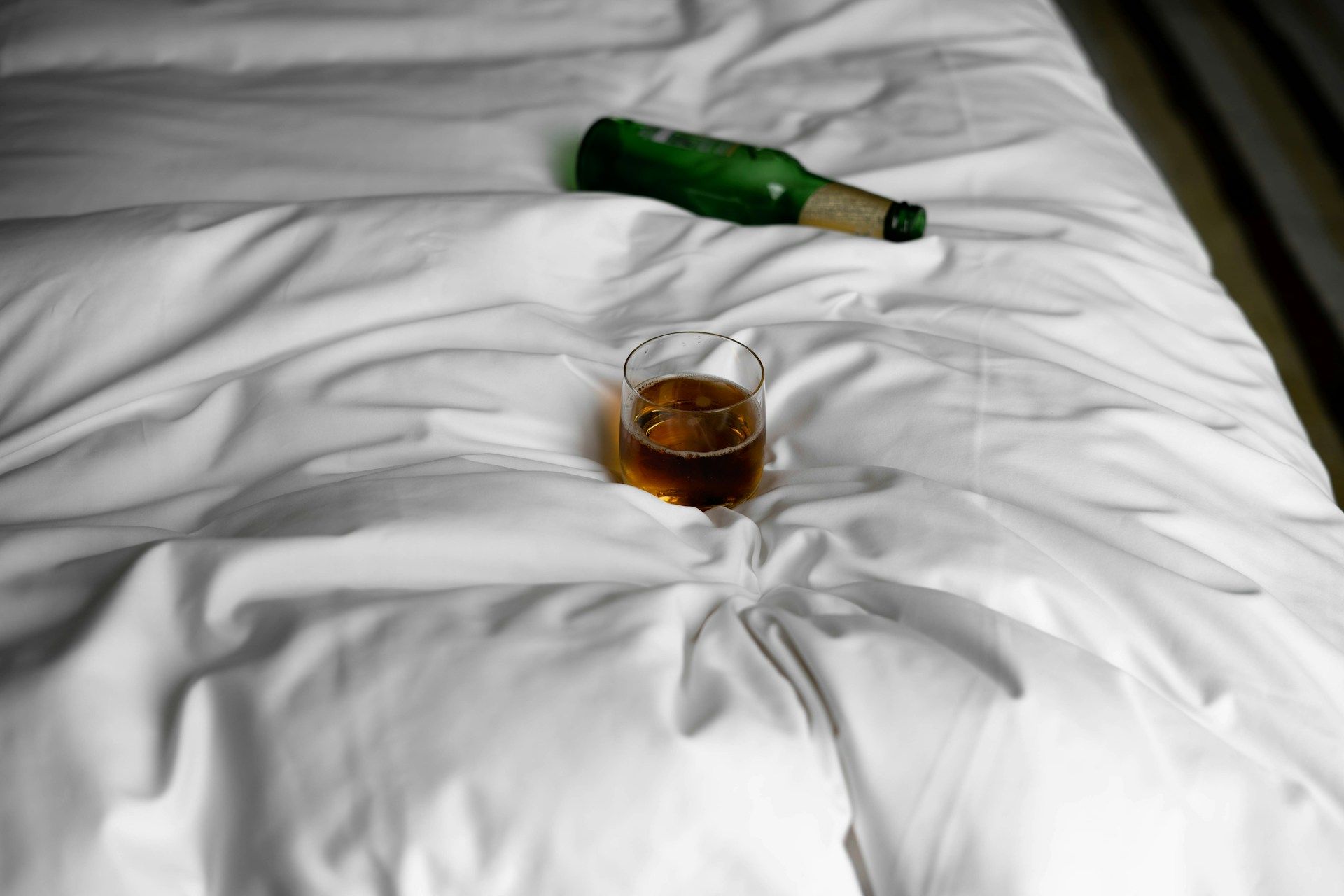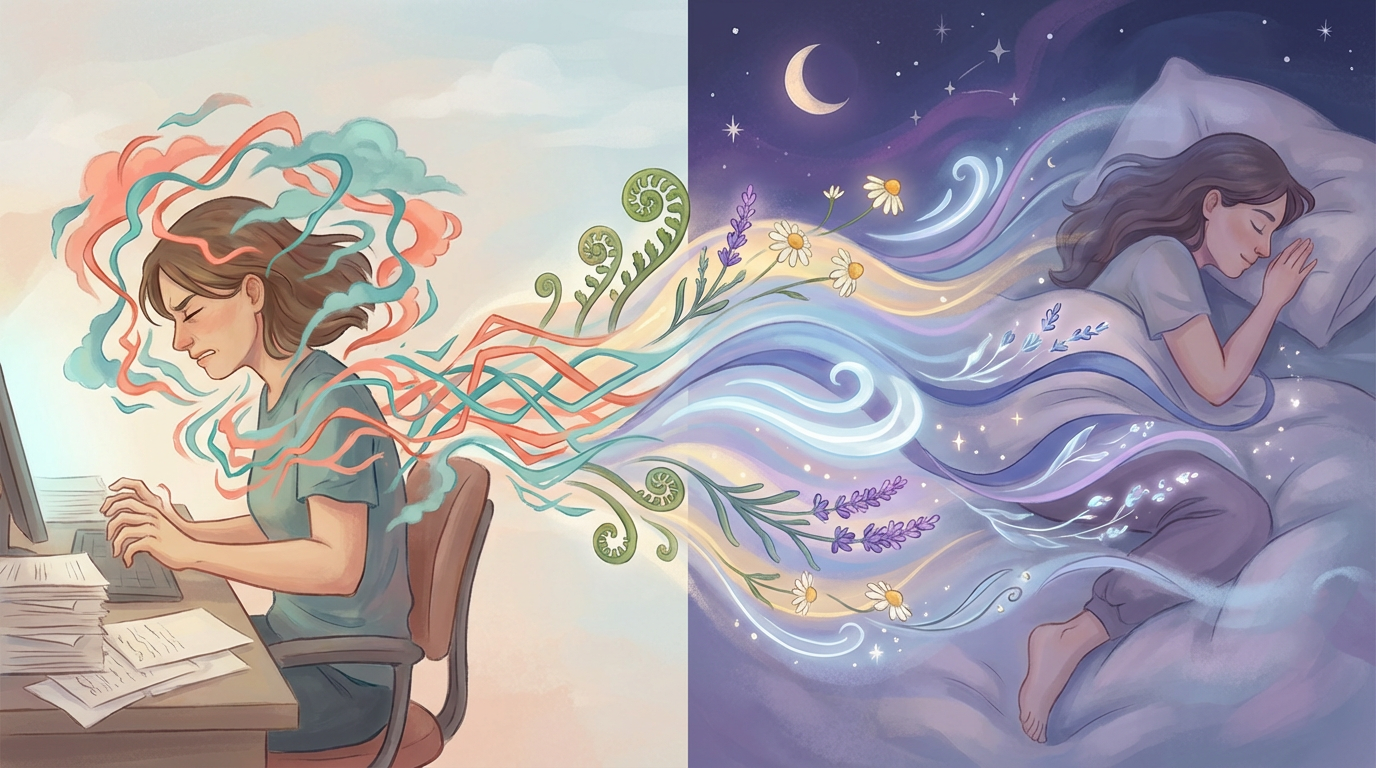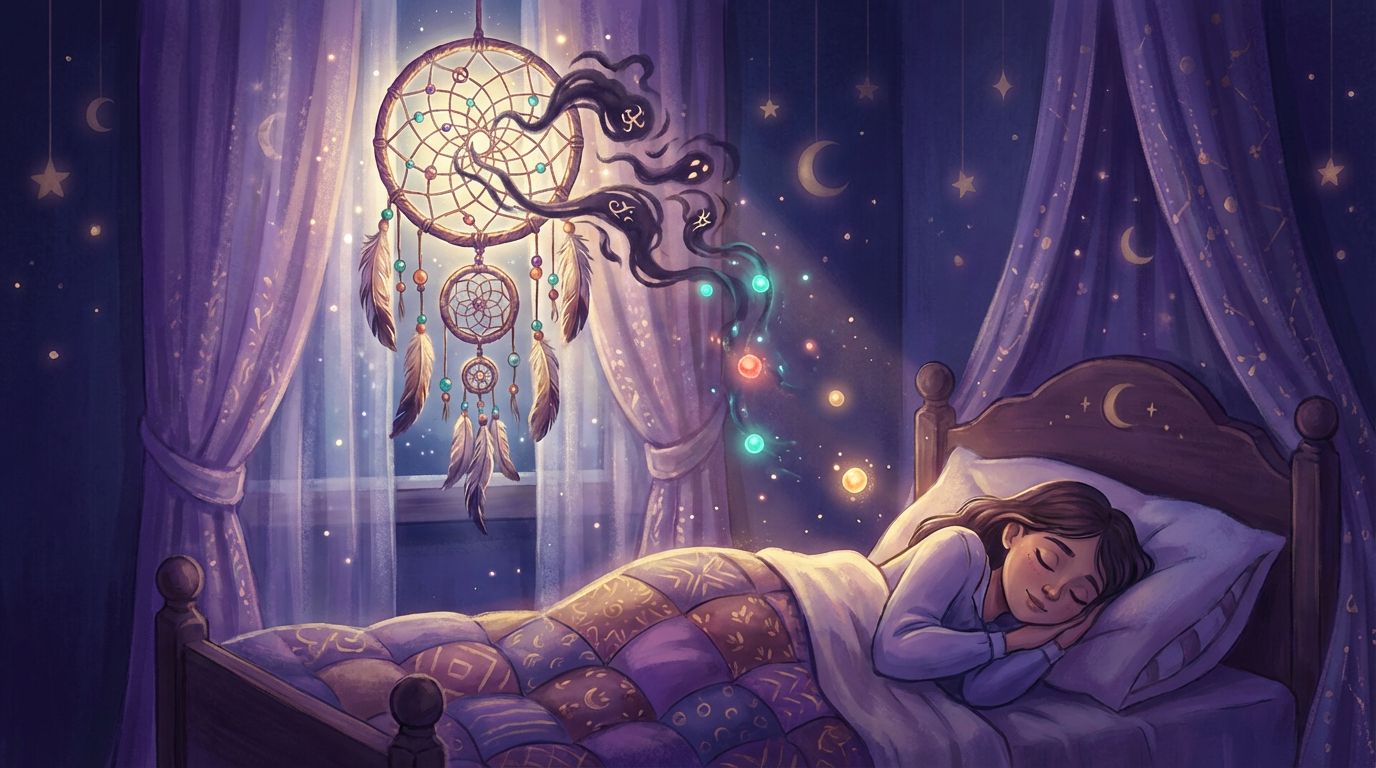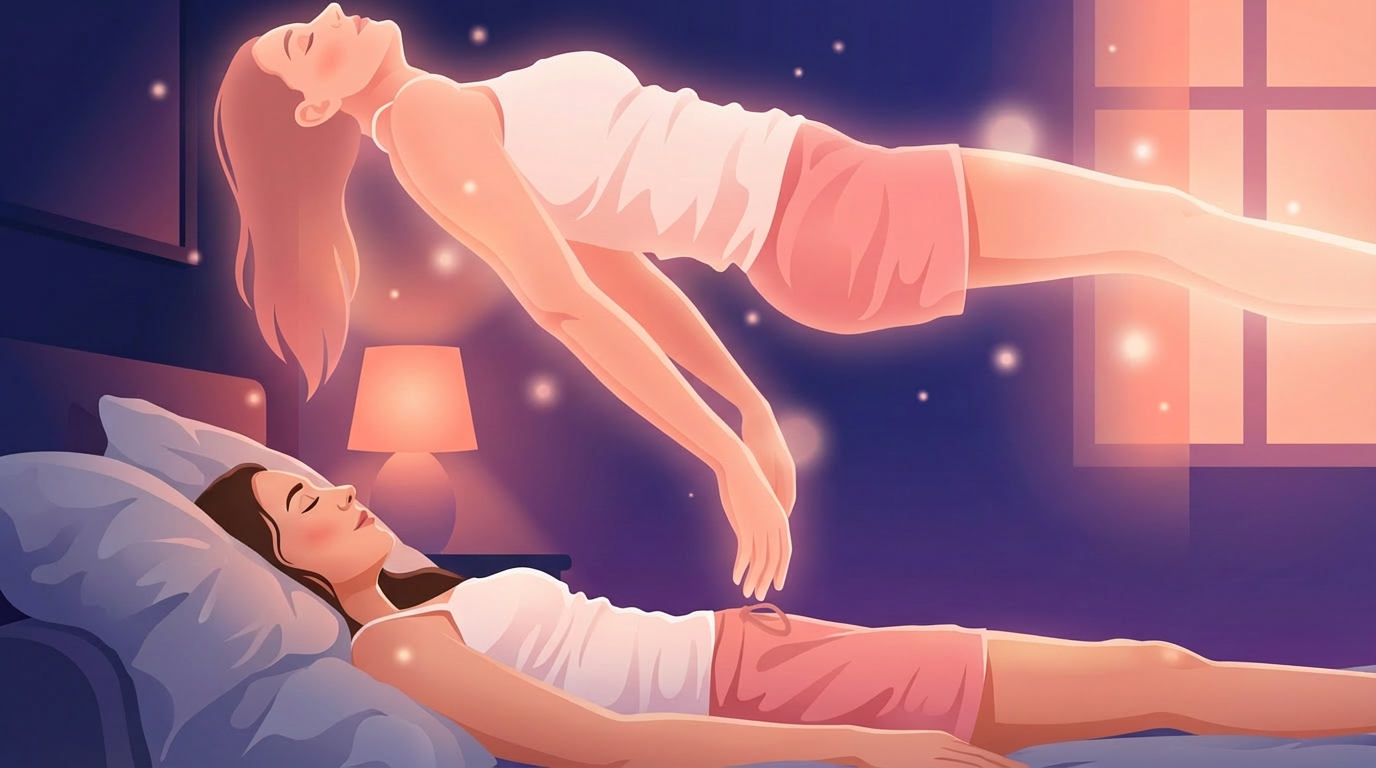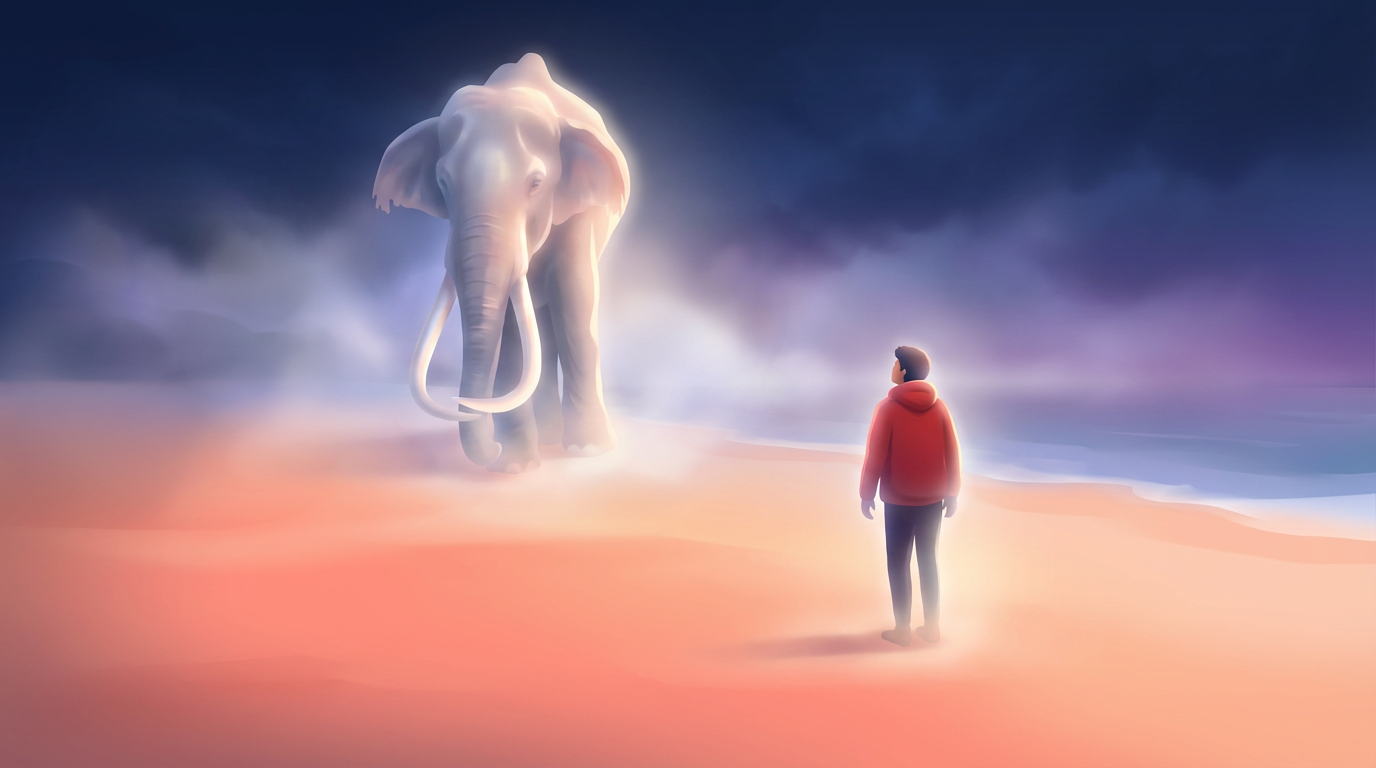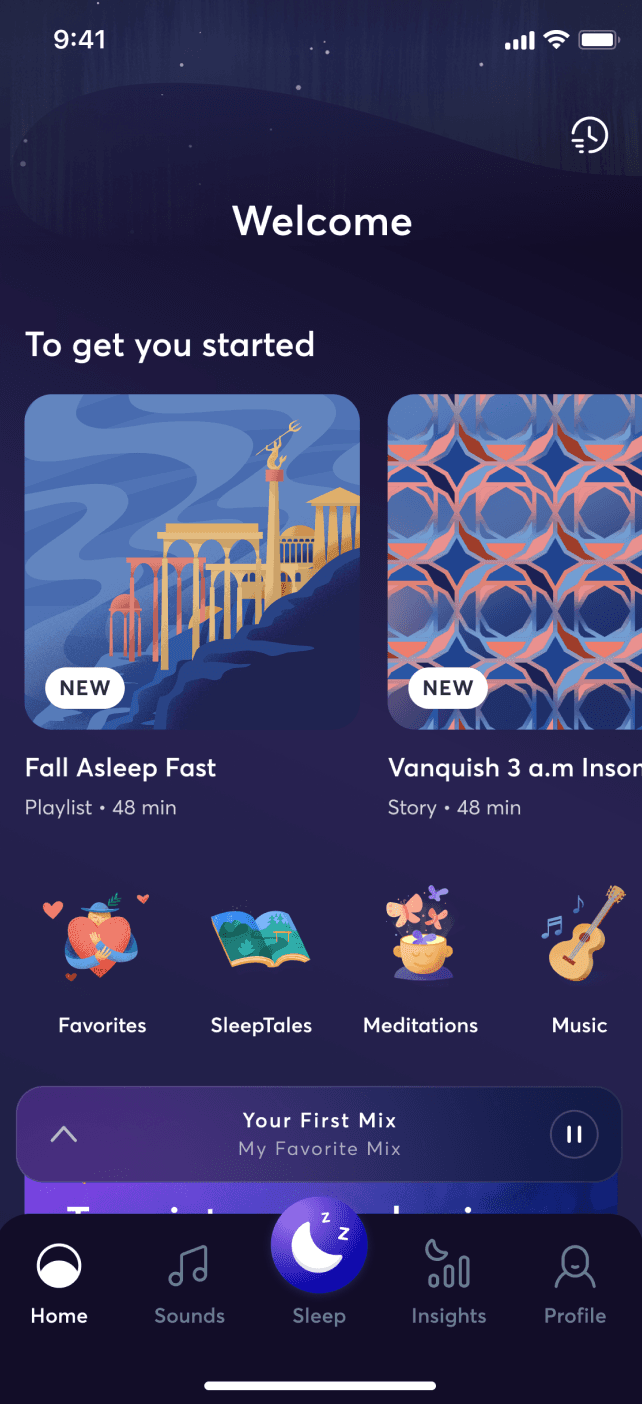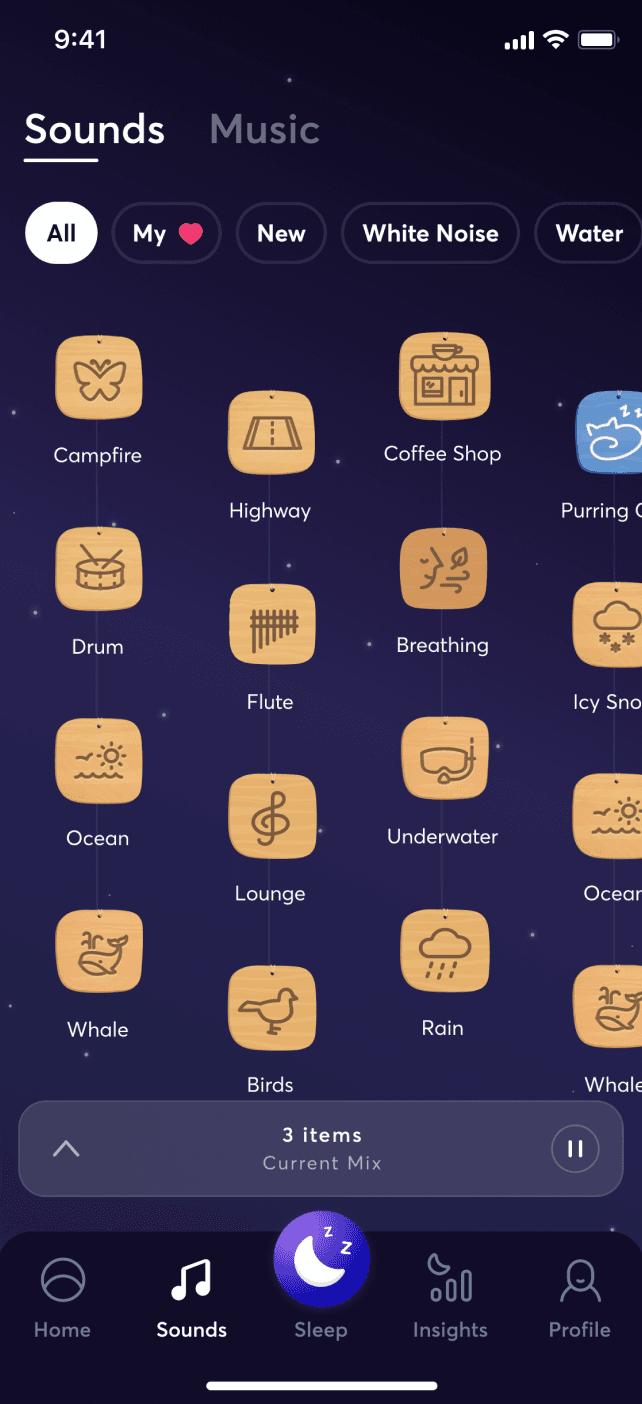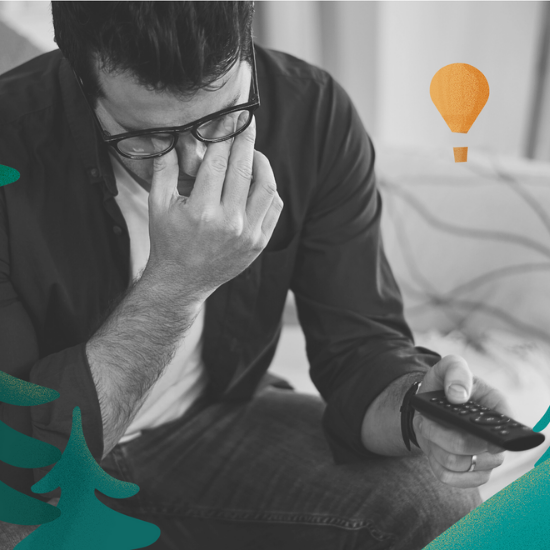
Can Your Blood Pressure Make You Sleepy?
Blood pressure relates to the force of blood pushing against the walls of your arteries. It normally rises and falls a little during the day, depending on what you are doing. But, when blood pressure (BP) stays at a sustained high level, this is called hypertension (high blood pressure).
According to statistics, 47% of adults in the United States have hypertension. And a symptom often associated with high blood pressure is fatigue. Let’s take a look at the connection between the two.
Can High Blood Pressure Cause You to Feel Tired?
High pressure may lead to feelings of tiredness in some people. If left untreated, high blood pressure can also lead to several further complications that cause lethargy. These include:
- Coronary heart disease.
- Heart failure and an enlarged heart.
- Peripheral heart disease.
- Kidney disease.
While tiredness is a symptom of high blood pressure, not getting enough sleep may also increase the risk of someone developing it. In addition, some high blood pressure medications can lead to fatigue.
How to Prevent Tiredness from High Blood Pressure?
Certain lifestyle changes will help to prevent tiredness from high blood pressure. Talk to your healthcare provider who may suggest:
- Regular exercise. Exercise boosts energy levels and helps to strengthen the heart.
- Maintaining a healthy weight. Excess body fat puts a strain on your heart and makes simple tasks more tiring than normal.
- Eating a balanced diet. Eating clean helps to keep the body at a healthy weight and energy levels stable.
Does a Low BP Cause Sleepiness?
Low BP (hypotension) doesn’t always show symptoms. However, when blood pressure drops, this means the blood flow has been restricted to certain organs, which can result in sudden tiredness or a drop in energy levels.
Is it Safe to Go to Sleep with Low Blood Pressure?
It is safe to go to sleep with low blood pressure and lying down helps to push more blood to the brain and organs. Low blood pressure is usually not dangerous and those with it, tend to live longer, due to the fact they have less stress on the arteries.
How Sleeping Better Can Reduce High Blood Pressure
If you suffer from high blood pressure, getting a better sleep helps. While sleeping, blood pressure actually drops. Less than 5 hours is often associated with higher blood pressure levels. Aim for around 7 to 8 hours of sleep a night. Try out the BetterSleep app to create a personalized sleep experience with meditation, bedtime stories and soothing music.

